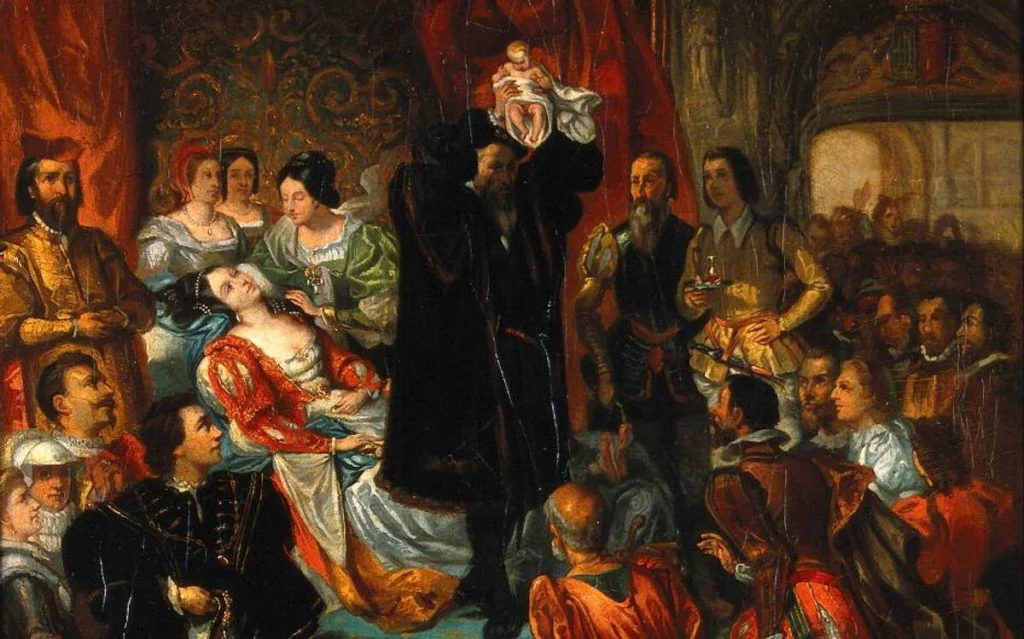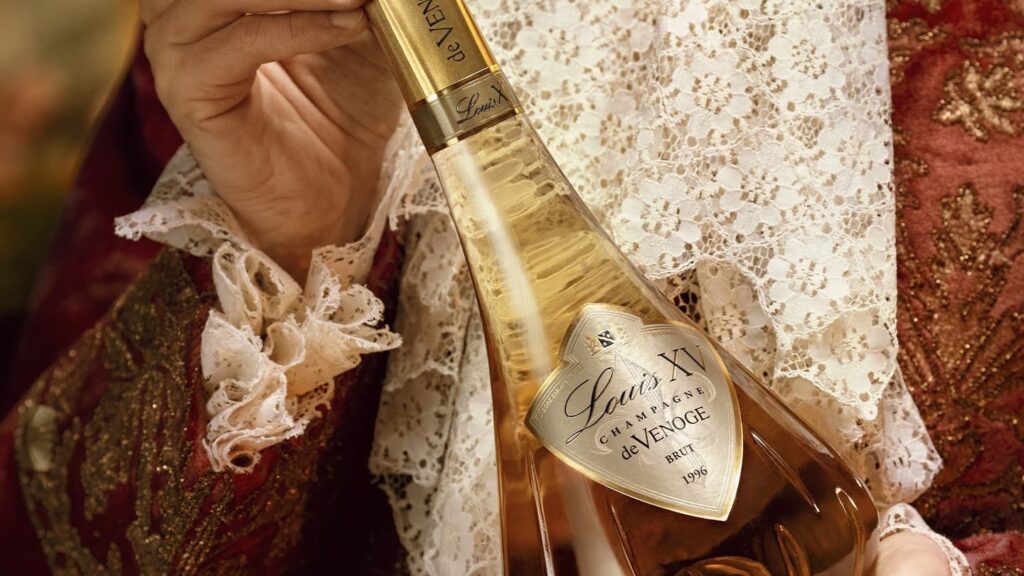The relationship between royalty and wine has left its mark on French history. Each king had his own preferences, influencing the national wine tradition. Accounts of royal banquets reveal how a royal wine could embody a symbol of power and prestige.
If you're interested in wine-related articles, download our app for IOS or Android. It will give you access to our wine lexicon, our articles and our innovative solution, designed for all wine consumers and collectors.
The importance of wine in the French crown
Wine played a central role in the lives of sovereigns. The choice of wine reflected both the art of living and political authority. This history of wine highlights how each reign shaped drinking habits. Royal cellars were also used to impress ambassadors. The king associated his prestige with the refinement of his table.
François I's favorite wines
François I appreciated Loire wines. His court often drank the famous Chinon wine. This historic grape variety, derived from Cabernet Franc, matched his taste for powerful reds. At the time, the Loire Valley was a major viticultural center. The king favored this terroir to affirm his closeness to local traditions. This love of wine illustrates his attachment to the products of the kingdom.
Henri IV and his attachment to Béarn

Henri IV grew up among the vines of Béarn. As king, he retained a preference for Jurançon wine. This sweet, aromatic white wine symbolized his roots. Legend has it that he received a drop of Jurançon on his lips at his baptism. This royal wine illustrates the link between personal identity and terroir. Henri IV's influence strengthened the appellation's reputation.
Louis XIV and the nobility of Bordeaux
The Sun King associated his reign with pomp and refinement. He liked to choose Bordeaux wines for his banquets. The Médoc, then in full bloom, seduced with its powerful, well-balanced reds. This infatuation illustrates the evolution of the wine-making tradition towards a more structured production. Louis XIV also served Champagne, appreciated for its festive bubbles. His table reflected the grandeur of Versailles.
Louis XV's favorite champagnes

Under Louis XV, Champagne truly became a prestige wine. The king loved sparkling wines, symbols of modernity. Sparkling wine seduced with its elegance and boldness. History associates this reign with the rise of Champagne in European courts. This example shows how a historic grape variety can gain international renown thanks to the favor of a monarch. From then on, Champagne embodied a model of French refinement.
Louis XVI and the elegance of Burgundy
Louis XVI showed a marked taste for Burgundy wines. Pinot Noir produced delicate, aromatic reds. These wines appealed for their finesse and balance. The great clos bourguignons were a regular feature on his table. This preference underlines the importance of French diversity in the history of wine. The king was particularly fond of Côte-d'Or wines, reputed to be among the best in the kingdom.
The royal cellars: real treasures
The kings' cellars contained hundreds of barrels. They contained vintages from all over the kingdom. Each royal wine represented a region, guaranteeing variety and abundance. Intendants organized supplies for each banquet. The wealth of the cellars illustrated the power of the monarchy. They were an instrument of diplomacy and prestige.
The influence of royal tastes on vineyards
The choices made by kings affected production. A favored terroir gained in notoriety and value. This winemaking tradition led to the recognition of certain appellations. Producers benefited from royal protection. In this way, Jurançon and Burgundy gained a lasting reputation. Royal power indirectly supported the development of winegrowing. The imprint of monarchs is still visible in today's vineyard maps.
The role of historic grape varieties
A study of royal preferences sheds light on the importance of historic grape varieties. Cabernet franc, pinot noir and chardonnay already dominated banquets. These choices influenced French viticulture. The prestige accorded by a king reinforced the reputation of a grape variety. Thus, the transmission of these practices nourishes the history of national wine. Even today, these varieties remain pillars of French viticulture.
Heritage and memory of royal wines
Discovering royal wines is the key to understanding the French identity. Each bottle tells the story of an era and a sovereign. Traditions have been passed down through the centuries. Studying the tastes of kings sheds light on the evolution of winegrowing. This heritage continues to influence our current practices. Wine remains a living link between past and present, reinforcing our attachment to our terroirs.
If you enjoyed this article, please feel free to read the following article "The return of amphoras to Michelin-starred restaurants"which may also be of interest to you!





